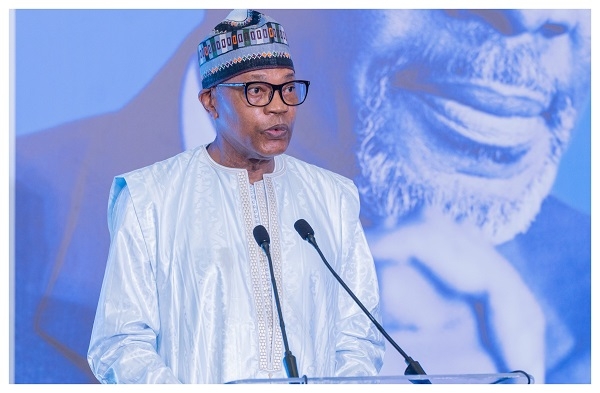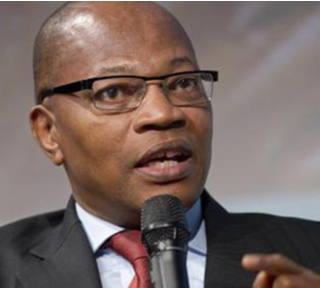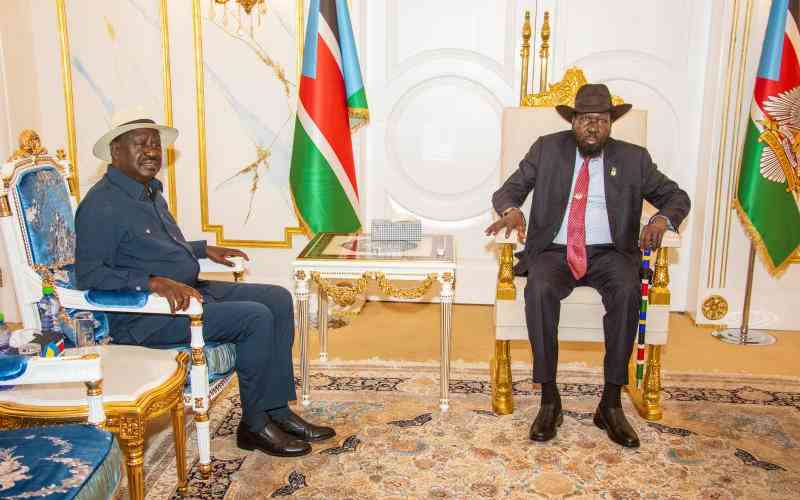

The BoT Governor, Mr Emmanuel Tutuba
THE Bank of Tanzania (BoT) has dismissed as misleading reports circulating in various media outlets which claim that the Tanzanian Shilling is the worst-performing currency globally.
The false information inaccurately attributes this trend to increased imports, increased public debt, widening of the current account deficit and implementation of the infrastructure projects, including the construction of the Bagamoyo Port, which has not started.
The BoT Governor, Emmanuel Tutuba said in a statement issued yesterday that over the past 12 months, the Tanzanian Shilling has depreciated by 3.6 per cent against the United States Dollar.
The Governor highlighted that, between July and December of the previous year, the Shilling sharply appreciated by 9.51 per cent, becoming the best-performing currency globally. However, this trend reversed starting in January 2025.
“This is consistent with the seasonal nature of foreign exchange flows in the country and the Bank’s foreign exchange policy, which allows exchange rate flexibility,” he noted.
He stressed, “Under this policy regime, the exchange rate continues to be determined by the demand and supply of foreign exchange in the market with minimal intervention from the Bank.”
The Tanzania’s macroeconomic indicators show strong growth, stable prices, a narrowing current account deficit and a resilient financial sector that supports stable Tanzanian Shilling in the medium to long term.
The economy grew by 5.4 per cent in 2024, making it one of the fastest growing economies in Africa. Inflation remains stable and low at 3.1 per cent in February this year, decreasing from 4.6 per cent in 2022.
Contrary to the assertion made in the published article, Mr Tutuba said the national debt is sustainable, with the debt to GDP ratio remaining low at 41.1 per cent in 2023/24, below the IMF recommended threshold of 50 per cent.
The current account deficit narrowed significantly from 3.7 per cent in 2023 to 2.7 per cent of GDP in 2024 due to improved exports, specifically from agriculture, mining and tourism.
“This explains the sharp appreciation of Shilling, which was observed towards the end of December last year,” he said.
Additionally, the performance aligns with reports published by the World Bank, the Bank for International Settlements, the IMF and global credit rating agencies.
The Bank assures the public that it will continue to fulfill its core mandate of ensuring price stability by implementing monetary policy measures geared towards achieving macroeconomic stability, including the Shilling stability.
Analyst Kelvin Msangi explained why Western media is suddenly fixated on Tanzania’s currency, labelling it the worst-performing when the facts say otherwise?
Expert analysis for the worst-performing currencies between February 2024 and February 2025 tells a different story.











